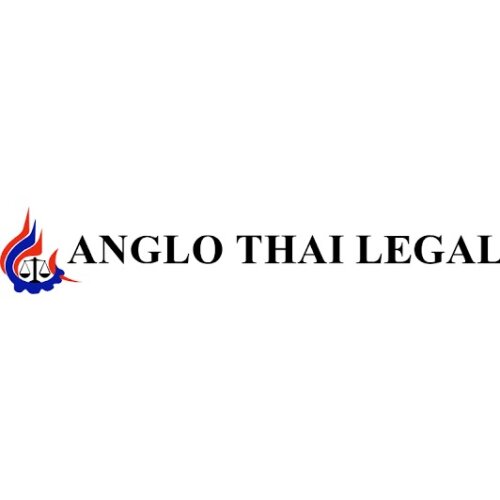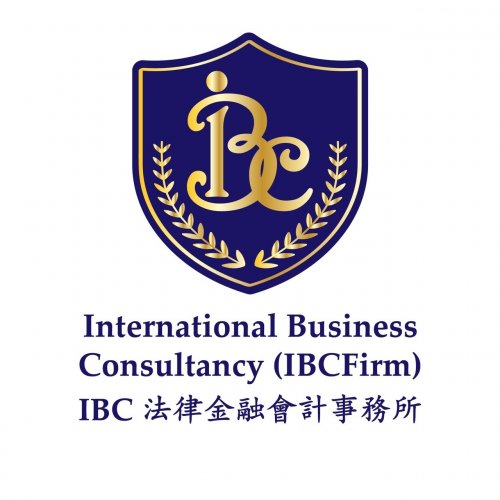About ESG Advisory & Compliance Law in Bangkok, Thailand
Environmental, Social, and Governance (ESG) Advisory & Compliance law in Bangkok, Thailand, refers to the legal requirements and advisory services surrounding how businesses operate responsibly within environmental, social, and corporate governance frameworks. With growing global emphasis on sustainable and ethical business practices, Thai businesses and foreign investors are increasingly prompted to align with international ESG standards. ESG legal advisory services in Bangkok assist companies with understanding applicable laws, implementing effective compliance measures, and mitigating legal risks while enhancing their corporate reputations among regulators, investors, and consumers.
Why You May Need a Lawyer
Businesses and individuals in Bangkok may require legal assistance with ESG Advisory & Compliance for several reasons. Lawyers can guide you if you are setting up a new company and unsure which ESG standards apply. They are essential when navigating regulatory requirements to avoid penalties or reputational risk. Legal help is often needed for preparing ESG reports, responding to compliance audits, or dealing with disputes linked to environmental or social claims. Multi-national firms pursuing acquisitions or investments in Thailand may also need ESG lawyers to conduct due diligence on their targets. If your business is committed to responsible investing, stakeholder communications, or sustainable supply chains, legal advice ensures that policies and contracts meet both legal and market expectations.
Local Laws Overview
In Thailand, several local laws are relevant to ESG Advisory & Compliance. The Securities and Exchange Commission (SEC) Thailand has introduced Sustainability Reporting standards for listed companies, requiring disclosure of ESG information. The Environmental Quality Promotion Act, Factory Act, and related environmental laws set mandates on pollution, waste, and resource management. Labor protection and workplace safety fall under the Labor Protection Act and the Occupational Safety, Health, and Environment Act. Anti-corruption and corporate governance regulations are governed by the Anti-Corruption Act and the Public Limited Companies Act. Together, these laws define strict compliance obligations for local and international businesses operating in Bangkok, with scrutiny increasing as global ESG expectations rise.
Frequently Asked Questions
What does ESG mean for businesses in Bangkok?
ESG stands for Environmental, Social, and Governance. Businesses in Bangkok need to consider sustainability, social responsibility, and ethical management practices in accordance with Thai law and market expectations to comply with ESG.
Are there mandatory ESG reporting requirements in Thailand?
Yes, the Thai SEC requires listed companies to submit sustainability reports, including details about their ESG practices, risks, and mitigation measures as part of annual disclosures.
Which Thai authorities oversee ESG-related compliance?
The Securities and Exchange Commission of Thailand, Ministry of Natural Resources and Environment, Department of Labor Protection and Welfare, and the National Anti-Corruption Commission are the primary regulators for ESG.
Do small and medium enterprises need to comply with ESG laws?
While mandatory ESG disclosure mainly affects listed and large companies, small and medium enterprises benefit from voluntary compliance, especially when working with international partners or enhancing competitiveness.
What are the consequences of non-compliance with ESG regulations?
Non-compliance can result in fines, penalties, revocation of business licenses, lawsuits, or loss of investor and public trust.
How can my company improve its ESG compliance?
Establish internal policies aligned with local laws, regularly conduct compliance audits, train employees, and seek professional advisory services to develop ESG strategies and reporting systems.
Is ESG due diligence required in M&A transactions?
Yes, ESG due diligence is increasingly standard in mergers and acquisitions to assess risks related to environmental liabilities, labor practices, and corporate governance.
What role do ESG lawyers play?
ESG lawyers advise on compliance with local and international ESG laws, draft policies, perform due diligence, respond to regulatory actions, and assist with dispute resolution involving ESG issues.
Are international ESG standards relevant in Thailand?
Yes, international frameworks such as the Global Reporting Initiative and the UN Sustainable Development Goals influence local laws and are often adopted by Thai companies to attract global investors.
Can ESG compliance help my business attract investment?
Yes, strong ESG practices and transparent reporting can improve access to capital from investors who prioritize responsible investment policies.
Additional Resources
Several governmental bodies and organizations support ESG Advisory & Compliance in Bangkok. The Securities and Exchange Commission of Thailand provides guidelines and updates on ESG reporting for businesses. The Ministry of Natural Resources and Environment is a key authority on environmental regulations. The Thai Chamber of Commerce and the Thailand Board of Investment offer resources and consultation on responsible business practices. Additionally, non-governmental organizations such as the Thailand Responsible Business Network provide ESG development programs and up-to-date insights on compliance trends.
Next Steps
If you require legal assistance with ESG Advisory & Compliance in Bangkok, start by assessing your company’s current policies and compliance needs. Gather all relevant internal documents and consider the nature of your legal concerns. Reach out to a qualified lawyer or law firm with experience in ESG regulations specific to Thailand. Request an initial consultation to explore your obligations and strategies for compliance. Staying proactive and informed will not only ensure legal compliance but also strengthen stakeholder confidence in your business’s commitment to sustainable development.
Lawzana helps you find the best lawyers and law firms in Bangkok through a curated and pre-screened list of qualified legal professionals. Our platform offers rankings and detailed profiles of attorneys and law firms, allowing you to compare based on practice areas, including ESG Advisory & Compliance, experience, and client feedback.
Each profile includes a description of the firm's areas of practice, client reviews, team members and partners, year of establishment, spoken languages, office locations, contact information, social media presence, and any published articles or resources. Most firms on our platform speak English and are experienced in both local and international legal matters.
Get a quote from top-rated law firms in Bangkok, Thailand — quickly, securely, and without unnecessary hassle.
Disclaimer:
The information provided on this page is for general informational purposes only and does not constitute legal advice. While we strive to ensure the accuracy and relevance of the content, legal information may change over time, and interpretations of the law can vary. You should always consult with a qualified legal professional for advice specific to your situation.
We disclaim all liability for actions taken or not taken based on the content of this page. If you believe any information is incorrect or outdated, please contact us, and we will review and update it where appropriate.
















